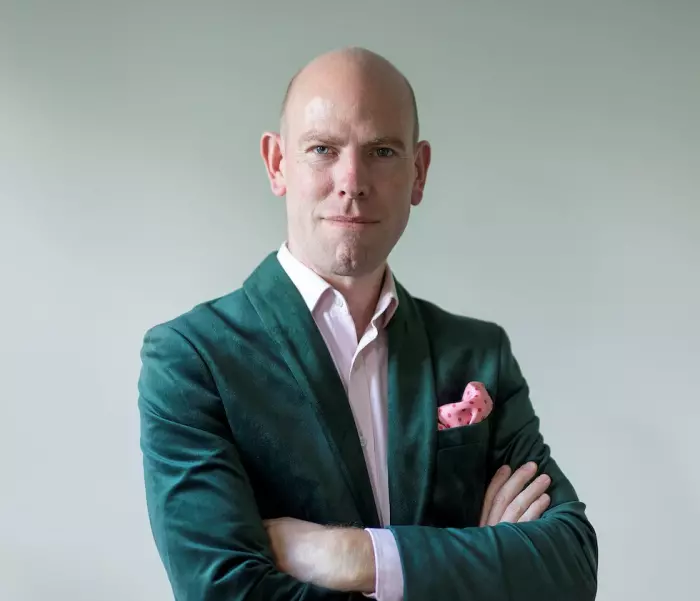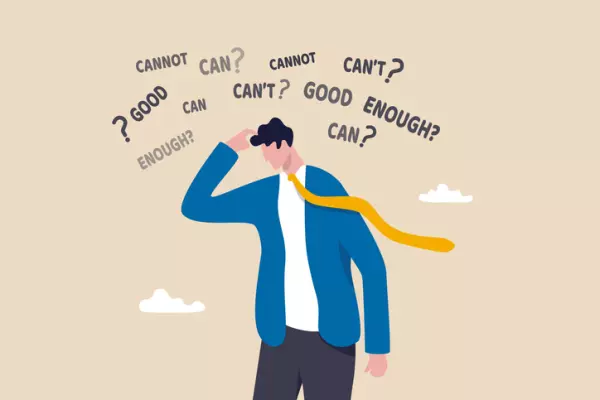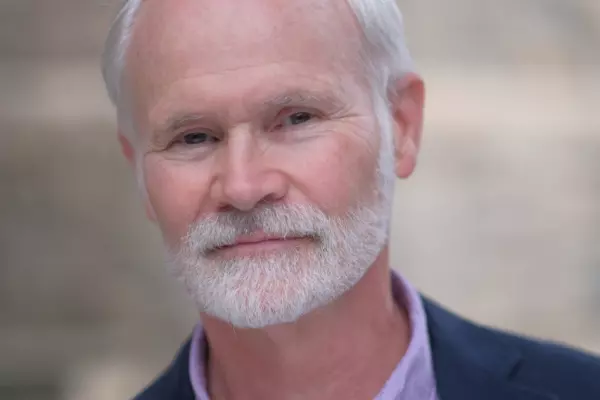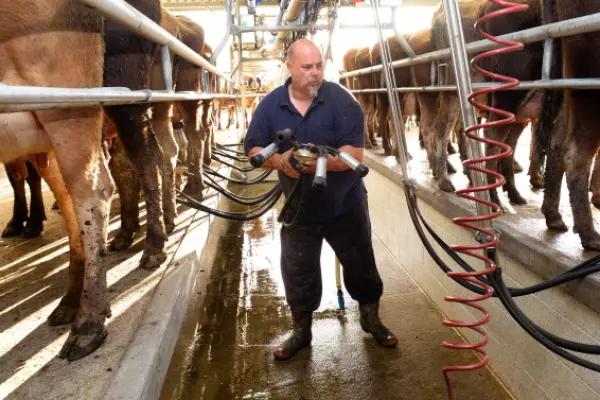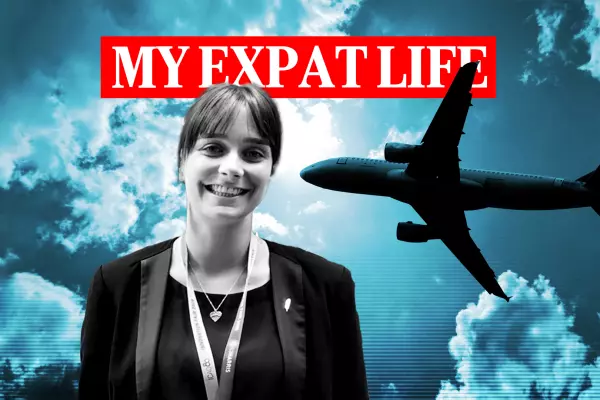Max Rashbrooke is a Wellington author, researcher and sought-after commentator on the growing gap between rich and poor in this country. Here, he tells Paul Little about his latest book, Too Much Money, which was published this month.
What do you tell people when they ask you what your book is about?
I say it’s telling a story about disparities of wealth, but goes beyond that to point out all the things that wealth increasingly buys in New Zealand – better housing, access to certain schools, which universities then recruit from disproportionately – better access to healthcare, social networks and political influence, and then how those advantages are being passed down the generations in ways that create enduring differences and opportunities.
The book also offers some solutions. Tell us about your background and what gives you the right to be telling other people what they should do with their money.
I’ve spent the past 10 years researching economic inequality in New Zealand, which began a decade ago when I was starting to edit the book that became Inequality: A New Zealand Crisis, in 2013. Since then, I’ve been pursuing that research as a grandly titled senior associate at the Institute for Governance and Policy Studies at Victoria University of Wellington. I’ve done a certain amount of original research into wealth inequality, as well as spending quite a bit of time talking about it in the media and to the public, raising awareness.
Have attitudes to inequality changed in the time you’ve been working on the topic?
New Zealand had already had its massive increase in inequality back then. That happened from the mid-80s to mid-2000s, so people weren’t really talking about it a huge amount. Then there was the global financial crisis and movements like Occupy, and a growing awareness of related issues like child poverty. There is good evidence from polling that concern about inequality is back up around its levels of the early 1990s. People are concerned but don’t necessarily have much faith something can be done.
Is it a throwing-hands-up-in-the air issue for them?
It is a classic case of people wanting something to be done about the issue but not necessarily being willing to sacrifice a lot to have it done. One of the dynamics I talk about in the book is that if you ask middle New Zealanders about inequality, they will say there is far too much and [their group] are the principal victims. Everyone wants to say they are the typical New Zealander, even when they are quite well off. Middle New Zealanders think they are worst off because wealthy people get out of paying tax, which is true up to a point, and there are supposedly vast amounts of support going to people at the poorer end.
Has your book “provoked discussion”, as they say, since its release?
So far, there has been a lot of positive feedback. That’s to be expected with it being taken up by an initial wave of people who might agree with it. There hasn’t been a huge backlash yet. In the Sunday Star-Times, Eric Crampton [chief economist at the New Zealand Initiative private think-tank] made a number of counterpoints, arguing that capital is important and you don’t want to do anything that would reduce investment in New Zealand business.
There is a lot about class in the book. What is your own class position?
It’s fair to say I come from an upper-middle-class family, in the sense that they have been highly educated, and used to having prominent positions. A number of ancestors were politicians and relatively well off when they came out to New Zealand in the 19th century. We were probably more like what I call the Kelburn left rather than the Remuera right, with education as a main resource, along with social capital and cultural capital and a certain confidence about our position in society. People growing up in poverty wouldn’t have some of those advantages, including that sort of confidence.
Is an individual’s awareness of class important, and something there needs to be more of?
I think so. We don’t have lot of good data about people’s attitudes to class. And the data we do have is a bit contradictory. When asked to rate class compared to other forces that shape people’s lives, people tend to say it is unimportant. Older New Zealanders often have a reflexive view that this is a classless society, which reflects the fact they grew up in a New Zealand where class was relatively unimportant, especially compared to the UK distinctions. In basic terms, people from different walks of life mixed more easily. But research shows that, when pressed, people admit there is a class system and can identify a class structure. It is a reality. At its simplest, classes are groups of people who have quite different levels of wealth and other important social and economic goods from each other and who lead lives that are distinctively different. You see class when there are obvious social differences between people, and in a more substantive sense when there are multigenerational differences in life chances based on which family you come from. You can see all of those in modern-day New Zealand, and the disparities are growing.
If I’m a businessperson with good personal values and I provide jobs for people, why should I care about any of this?
One reason is enlightened self-interest: as a businessperson, you’re going to be better off in a well-functioning society. There is quite a lot of evidence that reducing economic inequality is good for business and growth, if only because, in a very simple sense, when there are fewer children growing up in poverty, less potential and talent are wasted. There is also a wider responsibility everyone owes to society. If you have done well in New Zealand, you will have worked hard but also had the use of collective resources – roads built by the government, taxpayer-funded schools and medical services, use of an ultrafast broadband network provided by the state. You have to put back a significant amount to that collective pool for future generations; you do that by paying tax. We know from the evidence and Inland Revenue Department research that a large number of wealthy people are paying a lower rate of tax than people on the minimum wage.
Our egalitarian identity having been demolished, are you saying we should aim to revive it?
You don’t want to practise the politics of nostalgia. And it was egalitarianism that worked only for some people. It didn’t work for Pacific people getting dawn-raided. I had an article in the Guardian once about the turn to inequality in the 80s and the headline said, “How New Zealand's rich-poor divide killed its egalitarian paradise”. I got pushback on that. Who was it a paradise for? For women? For Māori? The other issue is that I think the egalitarianism of the past has been tarred with the brush of conformity and Fortress New Zealand and an aversion to difference and innovation and success, so there are limited gains to be made from trying to revive the past. But most New Zealanders are still instinctively egalitarian. The debate has to be forward looking. What does it mean in the 21st century? How can we have an egalitarianism that is supportive of innovation, difference and achievement but also compassionate and looking to make conditions in which everyone can flourish?
Too Much Money: How Wealth Disparities Are Unbalancing Aotearoa New Zealand, by Max Rashbrooke, Bridget Williams Books, $39.99


